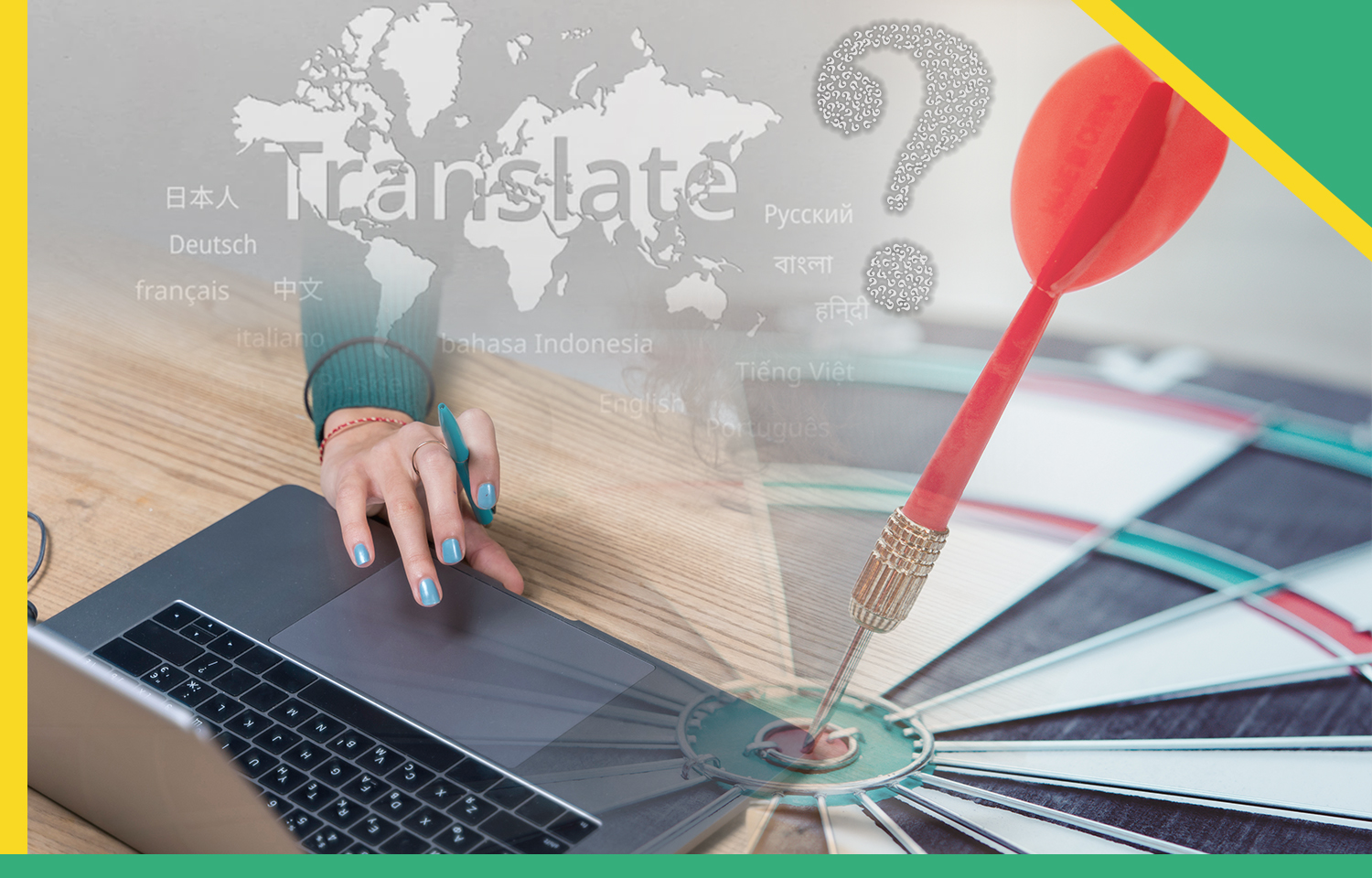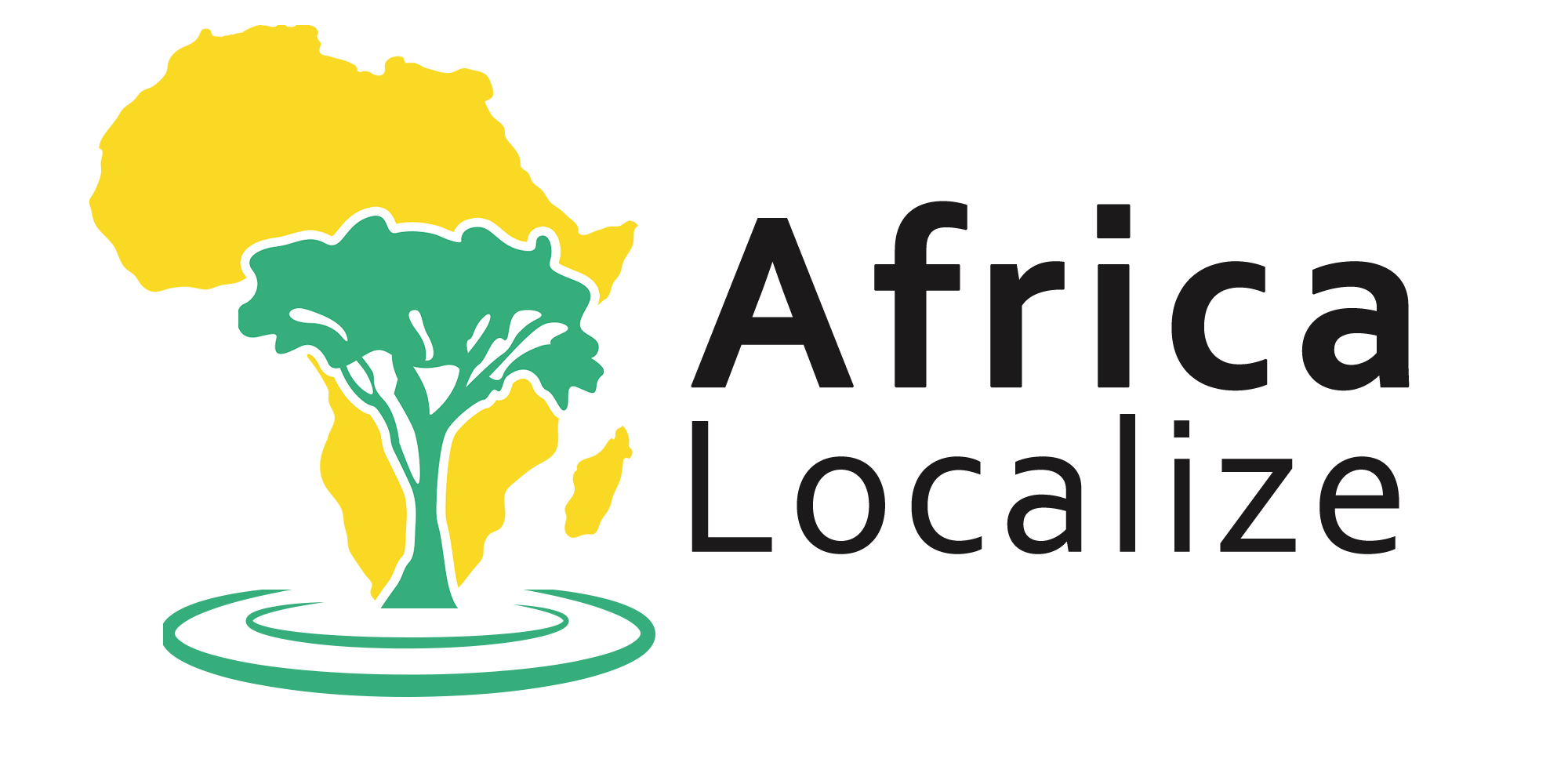How To Translate Accurately?

As the translation industry becomes vital day after another, the production of an accurate and high-quality translation is the main thing your translation buyers are waiting for.
The forever main goal behind translation work is to make communication easier. However, the reason for communication differs from one to another.
Businesses prefer to have their documents to speak with confidence when it comes to establishing a new business overseas, replaying back an important business mail, having an accurate medical report of their patients, signing new contracts, and so on.
Translation is used by businesses in many fields. Whatever the field is, it must be an accurate translation.
When the translation is done non-accurately, it results in serious disasters.
In 2009, HSBC UK-based bank had to spend 10$ million to reproduce a marketing campaign to overcome a translation error! The error occurred when many countries translated “Assume Nothing” to Do Nothing, which is contradictory to the campaign’s goal of urging people to use the bank’s services. This proves how a simple translation error can lead to catastrophic results.
Accuracy in translation is a live-or-die matter, and here is a further explanation.
Many people use translation in personal matters. Some, if not all, of us once in our lifetime referred to Google Translate or any other automated translation application to help us translate a simple document or message.
On the other side, people use translation to have their documents speak the same language their target audience speaks. Documents could be:
- training materials that need to be translated accurately, in the case of an international company that has a global workforce.
- Medical reports require high levels of accuracy to provide the right medical care to patients and save their lives.
- Legal translation is also like medical translation, it can protect lives.
Accurate Translation Boosts your Reputation
For any business, reputation is everything.
As a translation provider or even a freelance translator, being known for accurate translation can contribute to your company’s or your own reputation.
Translation work requires bilingual and writing skills, besides the vast knowledge of the subject matter and culture you are translating to.
Accurate translation is what your client pays for!
No one would pay for Google Translate as it’s a word-for-word translation.
The same works for clients.
They pay for accuracy; for professional translation that can perform what it is meant to do. Your client chooses you for the quality of work you do based on prior experience with other clients, and their satisfaction.
The non-accurate translation is not even an option in our industry. If the translated document didn’t bring on aimed results, as a translation provider you are at risk of losing your client which might affect your reputation.
How to produce an accurate translation?
The first thing you think of when you say accuracy is having a mirror image of the original text. That’s accurate!
Apart from the normal cycle, each document goes through “Translation, editing, proofreading, and finally quality assurance” to ensure that the translation is error-free and accurate.
Below are the steps each translator/ language service needs to know to translate accurately:
- Check the document before approval: it might seem insane to be a translator and refuse a translation project or document. Putting your reputation in mind and considering that you need to achieve accuracy, you won’t accept any translation project that is not in your area of expertise.
- Know your audience: you can’t deliver something to someone you don’t know. It doesn’t work, right? The same applies to translation. You need to know your audience through their culture, beliefs, and preferred tone. Your audience should be your priority.
- Time factor: time is the real key to accuracy. Sometimes clients stick to strict timetables that might not be suitable for the project. You can talk/ or let the project manager handle the deadline with the client. Immediacy can’t be a priority over accuracy under any circumstance unless the client stated otherwise!
- Translate into your native language: that’s how you can work it smart. it’s better to translate into your native language as no one can understand the language better than its own people. You will be able to render and relate idiomatic expressions and jargon, to your own culture easily and accurately.
Frequently Asked Questions about “How To Translate Accurately?”
Seek help when in doubt: It’s normal to face some difficulties or get double thoughts regarding your translation. You can consult your supervisors if possible, discuss it with one of your experienced colleagues, or if it’s possible, refer back to your client.
